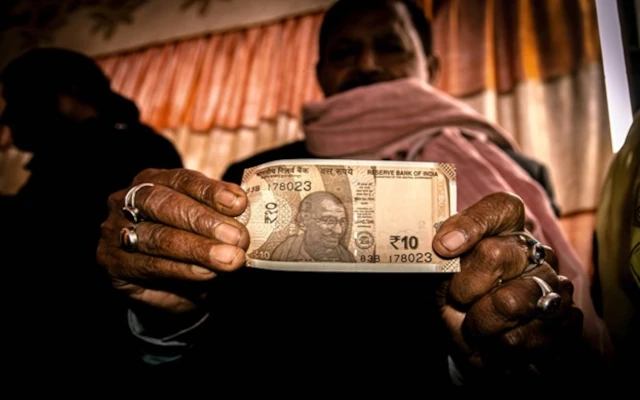Copyright GIVEMESPORT

For England fans who have spent decades chastising the big-club bias in Three Lions squad selections, Thomas Tuchel has surely been a breath of fresh air. The former Chelsea and PSG manager has frequently left out big names and picked players based on creating the best team rather than the best collection of individuals, and even publicly explained his stance after sticking with the same team for October's international break. "We’re building the best team. I have proof that last camp was our best camp. I stick with the squad. Don’t you think that behaviour on the bench, support from the bench, support from training, the competition, the togetherness enables the 11 to play like they played? I strongly believe that. I felt it in Belgrade, behind me on the bench. It’s not against Phil [Foden], it’s not against Jack [Grealish], it’s not against Jude [Bellingham]. Even if you can turn it around and say it is, it is not. It is for the guys who were in camp and who performed at this kind of level.” Tuchel's squad that beat Wales and Latvia omitted Phil Foden and Jude Bellingham, while Cole Palmer remained absent through injury. Only eight players were from members of the Premier League's so-called 'Big Six', while four didn't play in the Premier League at all. It has been a welcome change for those feeling that credentials on paper, such as merely being part of a Champions League squad regardless of status within it, have often outweighed talent, form and functionality within England selections historically. Rogers has been England's Vital Cog in Attack Now comes the biggest test of the extent Tuchel will stick to his approach after confirming his squad for the November international break, and it could come at the expense of arguably England's best player in recent months - Aston Villa midfielder Morgan Rogers. Taking up the No.10 role, which is perhaps the most contentious position in the England team with a series of superstars vying for it, Rogers has been the heartbeat of a Three Lions attack that has scored 13 goals in their last three games. He scored against Wales and assisted against Serbia, but beyond the headline statistics, he has simply been the glue allowing a well-functioning attack to thrive. Bukayo Saka, Anthony Gordon and Harry Kane have all clicked with Rogers pulling the strings between them. It has been a vast improvement, albeit against very modest opposition, from the attack containing Foden on the left and Bellingham in attacking midfield that struggled to find any groove at the Euros last summer. But it has always felt inevitable that at some point, Bellingham and Foden would be re-introduced. Bellingham's absence has created intrigue around a seemingly frosty relationship with Tuchel, who publicly labeled his on-pitch behaviour 'repulsive' before subsequently apologising, while overlooking the Manchester City midfielder has been easier to justify having struggled with fitness issues this season. Leaving them out of this squad, however, would have clearly been a deliberate choice, one that would really split the England fan base and potentially even the dressing room. Foden has been a consistent presence for City since the last international break and in his last two games, assisted against Bournemouth before scoring twice past Borussia Dortmund. He is clearly in good form and good health. Likewise, Bellingham has played the full ninety minutes in Real Madrid's last four games, including against Liverpool in the Champions League and versus Barcelona in the Clasico, where he scored and assisted. No cobwebs or ring-rust here. Bellingham and Foden need to be Reintegrated So what happens against Serbia and Albania now that Foden and Bellingham are back in the picture? Logic suggests Rogers will keep hold of his starting berth for at least one of the two games during November's international break. Anything else would be insulting to his contributions and defy Tuchel's message of the team over individuals. And yet, both Bellingham and Foden need to be integrated back into the squad before the 2026 World Cup kicks off. England only have four more games - the March international break and the June warm-up friendlies - before the competition starts next summer. The process will require careful man-management skills to avoid alienating any specific individual without compromising the messages Tuchel has already put out publicly. But it will also show what Tuchel is truly prioritising; whether already delivering in an England shirt in his system is more valuable to him than a player's level of natural ability. Whether it truly is team-first, or whether the weight of star-power will eventually prove too heavy for him to resist. But history tells us Rogers will be the loser in this scenario. To enter the World Cup without Bellingham or Foden - or Palmer, depending on his return from injury - playing the No.10 position would be very, very bold. Perhaps that's the bravery England need to operate as a well-functioning team at a major tournament, yet even for a manager as pragmatic as Tuchel, it seems a far cry. This might be the beginning of the end of Rogers' time in the limelight for England.



